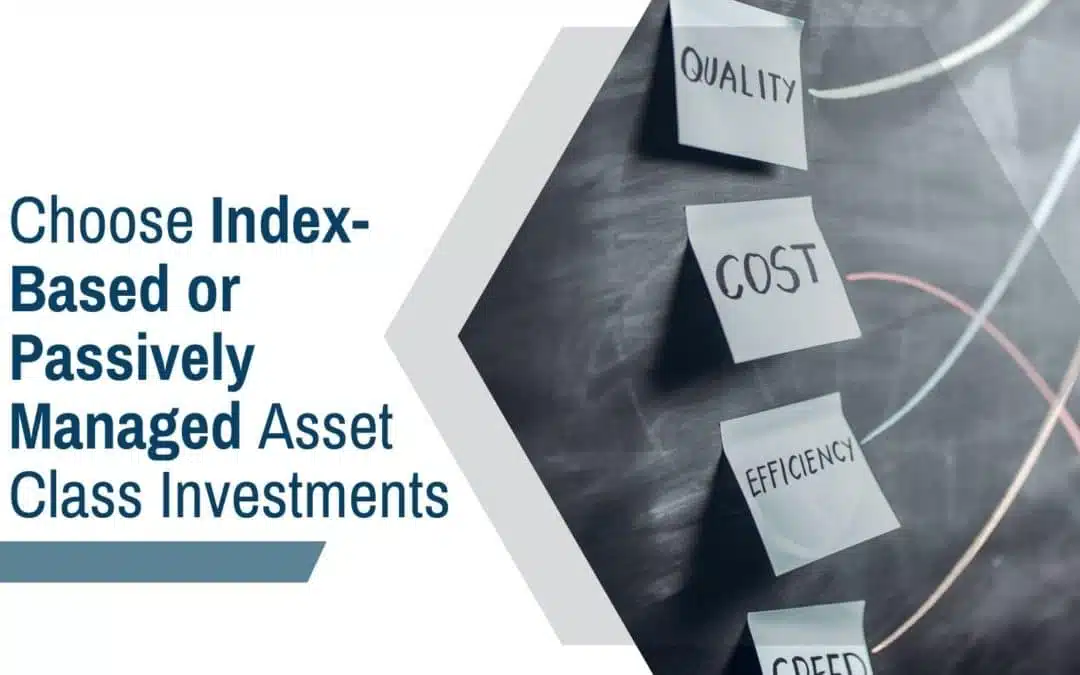the empowered investor
Financial Forecasts, Market Predictions, and Other Fantastic Fairy Tales
Investment Pitfall #2: Chasing Market Predictions Gets You Nowhere, Fast
Key Takeaways
- Responding to predictions and reacting to forecasts is as ingrained in our story-loving psyches as the classic fairytale lead “Once upon a time…”. To this day, when financial soothsayers speak, investors listen.
- In relatively efficient markets, even the experts can’t know what future pricing will be. So, trading based on forecasts and predictions is a coin flip, at best; the outcome is based on luck vs. skill.
- Even if financial forecasting is an exercise in futility, that doesn’t stop plenty of people from trying their hand at it anyway, especially two main characters in the prediction industry: the financial media, and the financial industry.
- Investors are the ones who suffer by falling for financial forecasts. By chasing after the mirage of certainty a false forecasting narrative promises, the opposite is more likely to occur: financial uncertainty, random regrets, and stressful anxiety.
“As the great economist John Kenneth Galbraith said, ‘There are two kinds of forecasters: those who don’t know, and those who don’t know they don’t know.’”
In our last post, “What’s Your Investment Philosophy?” we emphasized the importance of having sturdy guidelines to steer your decisions. Not having an investment philosophy is among the greatest investment pitfalls, in part because it leads you straight into pitfall #2: falling for market predictions.
As we covered in our podcast, “Investment Pitfall #2: Building Portfolios Based on Predictions,” as well as in our book, “The Empowered Investor,” responding to predictions and reacting to forecasts is as ingrained in our story-loving psyches as the classic fairytale lead “Once upon a time…”. For millennia, our ancestors have gathered around enthralling entertainers and their fantastic tales of what the future may hold. To this day, when financial soothsayers speak, investors listen.
Indulging in “What if?” stories may be fine around a campfire, but they can burn you as an investor. So, today, let’s focus on how and why to avoid this second pitfall of believing you or anyone else can reliably forecast future market prices.
THE FALLACY OF FORECASTING
Sometimes, we can see into the future, and react accordingly. If you’re heading out in a gathering storm, you take a coat. If a traffic signal changes from green to yellow, you slow down. During a severe market downturn, you may spend more cautiously.
However, there is one time when you should NOT react to forecasts. That’s when you’re tempted to make unplanned changes to your investment portfolio just because somebody is predicting trouble or excitement ahead. Without going into too much math, here’s how efficient market pricing really works:
Current prices reflect all available information—including what’s already happened, as well as what the collective market believes is going to happen. In other words, all those dire predictions and high-flying forecasts are already baked into the current price.
Prices change when investors collectively react to the next piece of news that is not yet known. By definition not even the wisest sage can know what nobody yet knows.
Where does this leave an investor? As we covered in our post, “Lowering the Volume on Investment Noise,” even the experts can’t know what future pricing will be. Because prices are always changing in the blink of an eye, the current price is always past-tense by the time you try to trade. And the future price is inherently unpredictable. So, trading based on forecasts and predictions is a coin flip, at best; the outcome is based on luck vs. skill.
TWO PREDICTION PRODUCERS
Even if financial forecasting is an exercise in futility, that doesn’t stop plenty of people from trying their hand at it anyway, especially two main characters in the prediction industry: the financial media, and the financial industry. Both have their reasons for perpetuating the myth that they can peer into a financial crystal ball and tell you what they’ve seen.
The popular financial press loves to showcase entertaining gurus making bold predictions because they generate more attention. This increases readership, which translates into advertising dollars.
That’s not to say every financial reporter fits the mold. For example, Jason Zweig of The Wall Street Journal is usually well worth reading, as is Rob Carrick from The Globe and Mail. But Zweig himself explains why there are far more talking heads than voices of reason:
“A guru who often says ‘I don’t know’ won’t be invited back onto cable TV or other public platforms, where consistency, certainty and confidence matter at least as much as accuracy.”
The financial industry has similar, profit-driven incentives fueling the forecasting fires. Again, it’s human nature to want to feel as much certainty as possible in an ever-changing world. We know that. You know that. Big banks, insurance agencies, and fund companies know it too. By positioning themselves as experts who can help you avoid or seize the crisis or opportunity of the month, they can attract more business, which generates more profits—whether or not their wins are also yours.
THE DAMAGE DONE
What does all this mean to you? Even if others are profiting from their financial forecasts, how might it harm you?
Investment Uncertainty: By chasing after the mirage of certainty a false forecasting narrative promises, the opposite is more likely to occur. Reacting to forecasts tempts you to jump into, out of, or around the market, especially during downturns when future expected returns are higher. Over time, you lose the sense of the direction your investment philosophy [link] is supposed to provide, which jeopardizes your long-term financial plan.
Random Regrets: As your portfolio swings farther away from your investment philosophy, you may experience greater regrets if things don’t turn out as hoped for. This may in turn tempt you to make more, riskier bets in your portfolio. Eventually, you end up with a random portfolio filled with many different funds from many such attempts.
Financial Hits: With no clear plan to guide the way, your returns are likely to fall off-track as well. How is your portfolio really performing? Where do you stand relative to your own financial goals? It becomes anybody’s guess.
Increased Anxiety: You may buy into or follow a prediction because you’re looking for hope. You’re looking for direction. But instead, a cumulative lack of clarity often generates just the opposite: a negative spiral into stress, anxiety, worry and concern.
GETTING BACK ON TRACK
That’s not what we want for you! Which is why we’ve posted this important overview of why financial forecasts can be such a tricky trap. To learn more, our podcast dives even deeper, offering several illustrations and evidence-based insights. Odds are, you’ll find examples you or others you know have personally experienced.
We hope you’ll take the time to check it out. In the meantime, we’re putting the finishing touches on our next post, which covers another common pitfall: chasing past performance. If you have questions or comments about what you’ve read so far, please reach out to us today. We love hearing from our readers!
Additional Reading:
- A Safe Haven for Intelligent Investors – Jason Zweig’s blog
- Think, Act, and Invest Like Warren Buffett, by Larry Swedroe
- And, as always, our own book: The Empowered Investor
More Winning Investment Principals

Investment Principal #4: Maximize Returns with Key Investment Factors
Discover how investment factors can help you maximize returns. Learn strategic factor investing to enhance your portfolio.

Investment Principal #3: Using Passive/Index Funds or ETFs
Index-based or passive asset class funds focus on how to reduce the costs and frictions involved in capturing the market’s generous expected returns over time.

Investment Principal #2: Diversify Your Asset Classes
The magic behind diversification is found in a financial measure known as correlation, or the degree to which two asset classes move in similar patterns.
Stay on top of your financial education
Subcribe and follow to get updates on important wealth management topics.

Connect
Visit Us
3535 St-Charles Blvd.
Suite 703
Kirkland, Quebec
H9H 5B9
Connect